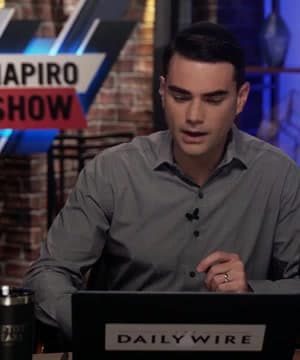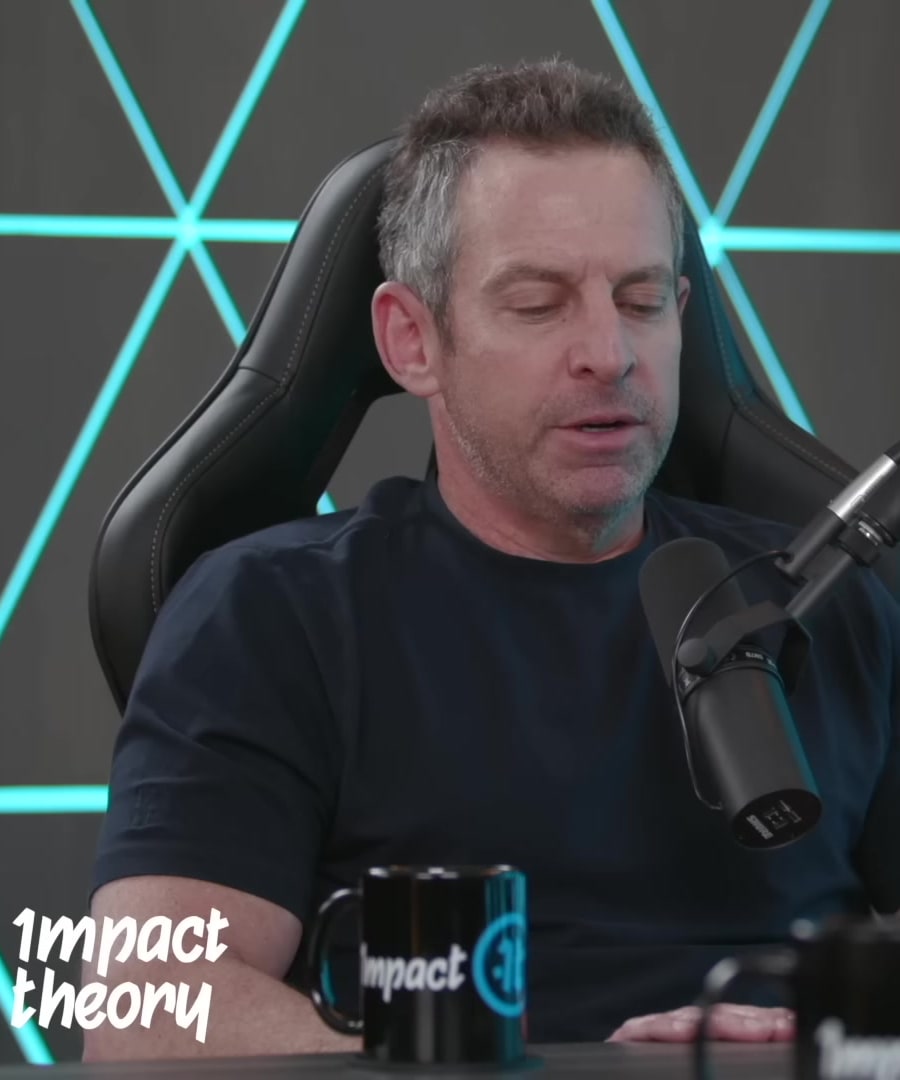What causes political tribalism?
Sources:
Political tribalism has multiple roots, ranging from our primitive social instincts to contemporary societal and political dynamics.
-
Primitive Instincts:
- Humans have evolved to seek connection and community, feeling an inherent fear of ostracization. Rejection by a group historically meant survival threats, hence we seek to be part of tribes () 1.
- Our brains misinterpret modern social threats based on these ancient survival instincts, leading to intense feelings of tribalism when faced with political divisions () 1.
-
Elitism and Education:
- Political tribalism often functions as an elitist pastime, where higher educational environments amplify political engagement and divisions. This can train individuals in advanced forms of tribalistic behavior () 2.
-
Media and Political Environment:
- The media landscape has intensified political divides, creating hypercharged tribalism by highlighting and polarizing differences between political parties () 3.
- The breakdown of intra-party diversity has also funneled all political tribalism into a singular left-versus-right divide, intensifying partisan conflicts () 3.
-
Psychological Mechanisms:
- Political tribalism is linked to "othering," moralization, and aversion toward opposing groups. This has escalated partisan hostility beyond normal policy disagreements, fostering a belief that the opposition is fundamentally and morally wrong () 4.
-
Natural Tribal Tendencies:
- Evolutionarily, humans have been adept at forming tribes for cooperative benefits. However, despite the ability to mitigate these tendencies, modern societal constructs sometimes reignite primitive tribal behaviors () 5.
-
Identity Badges in Politics:
- People use political beliefs as identity badges to align themselves with their chosen tribes, often disregarding scientific or rational truths in favor of loyalty to their group’s beliefs () 6.
-
Universal Truths and Outgrowing Tribalism:
- To overcome tribalism, it's suggested that we aim for universal truths and broader humanitarian principles, transcending the limitations imposed by narrow tribalistic thinking () 7.
These insights illuminate how deeply ingrained and multifaceted political tribalism is, influenced by both our evolutionary history and modern sociopolitical structures.
RELATED QUESTIONS-



